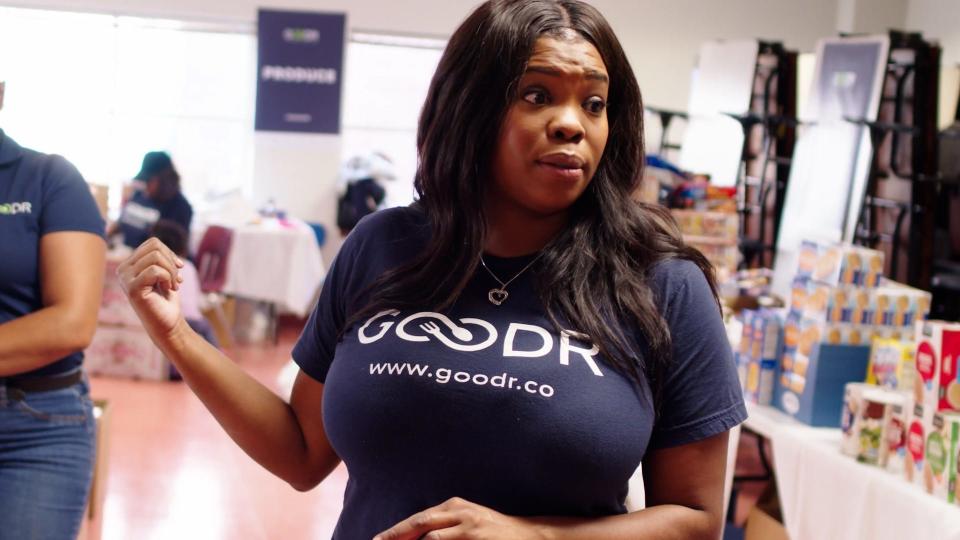Food waste: as American as apple pie in the trash

In America today, the road to abundance is paved with rotting fruit. At least, that is a cringeworthy example of some of the most frivolous excesses of our waste-based lifestyle.
This will not come as a shock to anyone who has ever stepped foot in a Ruby Tuesday “salad” buffet, but Americans waste an average of 30% to 40% of our food supply every year, or roughly 80 billion pounds.
Forty-three percent of that waste comes from private households. At the same time, roughly 35 to 50 million Americans, including at least 10 million children, are estimated to be food insecure, lacking a reliable meal source.
On my recent study abroad trip, I was strolling through a French supermarket called Auchan Supermarché. I recalled once reading about laws in France that prohibit grocery stores from wasting food, which was comforting to know as I perused the aisles. Upon further research, I discovered that, while French food waste law is complicated, it is miles ahead of where we are in the United States.
The first major law in 2016 mandated that supermarkets larger than about 4,300 square feet must establish a relationship with a charity organization to donate their unsold food. Simultaneously, they prohibited retailers from destroying food that was still “fit for consumption” and mandated that unsold food be handled in accordance with a hierarchy. Thus, the store must first discount the product and inform customers of how their purchases can help prevent waste.

After that, food that is still unsold must be donated to charity, then used as animal feed, then composted or used for anaerobic digestion (production of biofuels). If those options are exhausted and still impractical, only then is disposal in the trash permitted.
France added to these laws in 2019 and 2020. They required commercial catering operations that produce over 3,000 meals a day to follow the waste prevention regulations. They also required caterers at this scale to offer a doggy-bag option, encouraging clients to take all leftovers home. Some purveyors were mandated to publicly display their waste-reduction efforts.
Finally, the amendments strengthened fines for destroying unsold food and compelled donated products to be shipped out no less than 48 hours before their expiration date. Misunderstanding of “best before” and “use by” dates by consumers contributes massively to food waste and is a reason that dairy is the most common food group to end up in American landfills.
The French laws have not been a panacea for obliterating food waste. As critics note, they do not require a minimum proportion of excess food be donated and do not mandate how frequently the donations must be made.
Nevertheless, the laws have encouraged conservation among French grocers, as more than 90% of French supermarkets donated unsold food in 2018, compared to just 66% in 2016. A new industry has cropped up in France of grocery consultants who match stores with charities and recover their food for them, proving especially useful to rural grocers who may be farther from receiving communities.
The case for these changes makes business sense across the supply chain. France wastes 18% of their food while we waste double that proportion. We should emulate the culinary icons across the pond and implement similar legislation in the United States to curb food waste.
Sam Berens is a graduating senior at the University of Florida, double majoring in political science and international studies with a minor in urban and regional planning.
This article originally appeared on The Gainesville Sun: Sam Berens: France provides example for reducing food waste in U.S.

